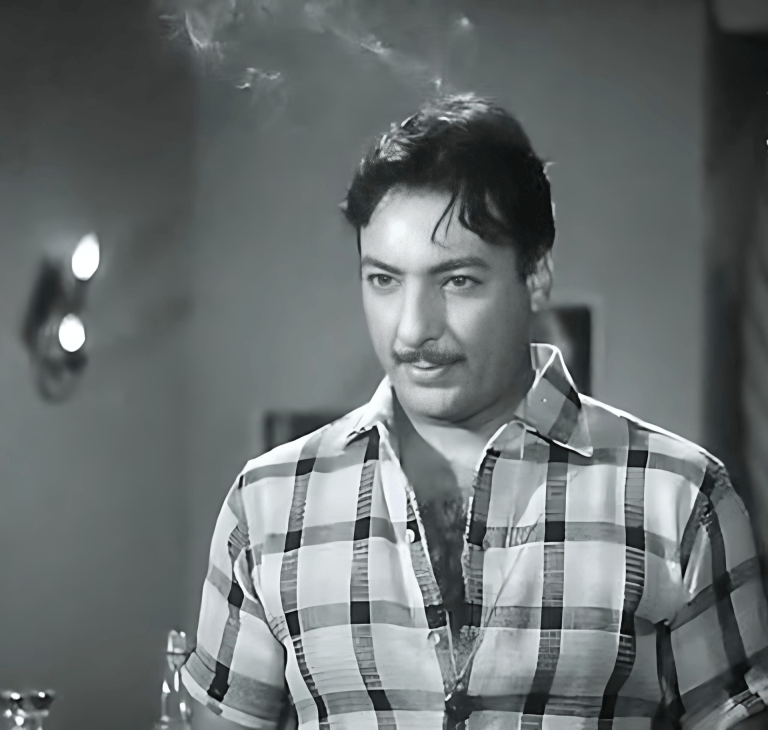By Ahmed Amin
On the set of the epic Lawrence of Arabia, legendary British director David Lean was on a mission: to find the perfect actor to play Sherif Ali. His search led him east—to Egypt—where the name Rushdy Abaza kept coming up.
A Star Too Big to Audition
At the time, Abaza was one of the most recognizable faces on the silver screen across the Arab world. Intrigued, Lean reached out to arrange a meeting. But Abaza, proud and already a star, refused to audition. With his aristocratic background and thriving fame, he considered it beneath him. Instead, he told Lean, “Go watch my film currently in theaters—Fe Baytena Ragul.”
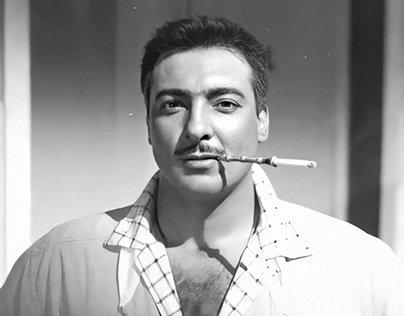
Lean obliged. And by sheer chance, while watching the film, he discovered another actor in the cast who would change cinema history: Omar Sharif. Impressed, Lean shifted his focus, and the rest is legend. Abaza, reportedly, would regret that moment for the rest of his life.
A Unique Persona
That same bold, confrontational spirit defined Rushdy Abaza. It’s been reported that he competed for the affections of actress Camelia, who was said to be admired by King Farouk I.
His defiance ran deep. From the start, he rejected the aristocratic mold he was born into, pursuing a career in acting against his family’s wishes. Little did they know he was on the path to becoming a cinematic icon.
This same pride and defiance may have cost Abaza his chance at Hollywood—but it’s precisely what shaped the legacy we so deeply admire today. Perhaps it was all part of the domino effect that ultimately led to the birth of the ‘Don Juan of Egyptian Cinema’—a nickname reserved for no one but Rushdy Abaza himself.
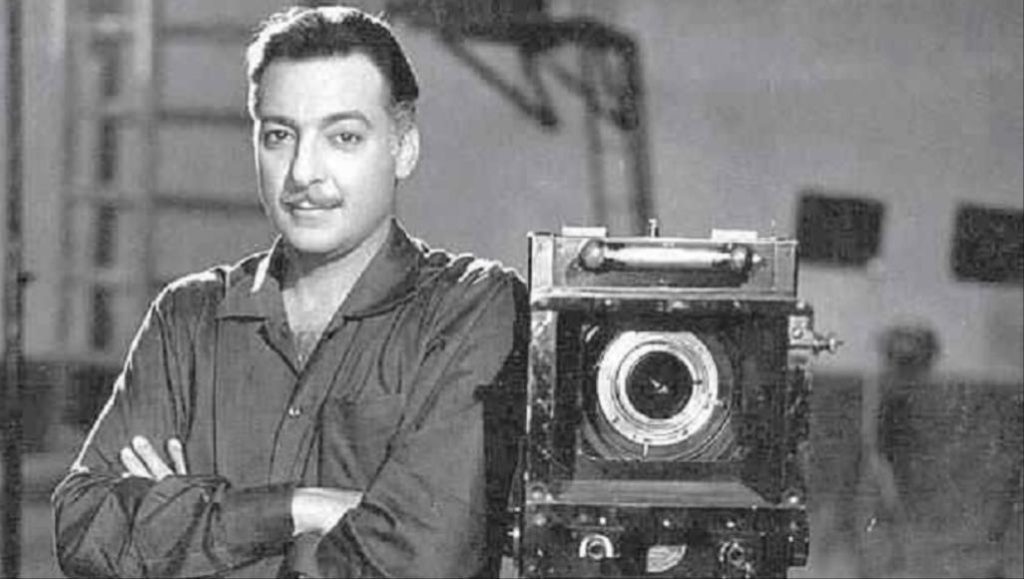
The Birth of a Legend
Born on this day, August 3, 99 years ago, Rushdy Abaza built a legacy that continues to resonate across generations. With a filmography of over 100 titles—many etched into the heritage of Egyptian cinema and beloved throughout the Arab world—he refused to be confined to a single genre.
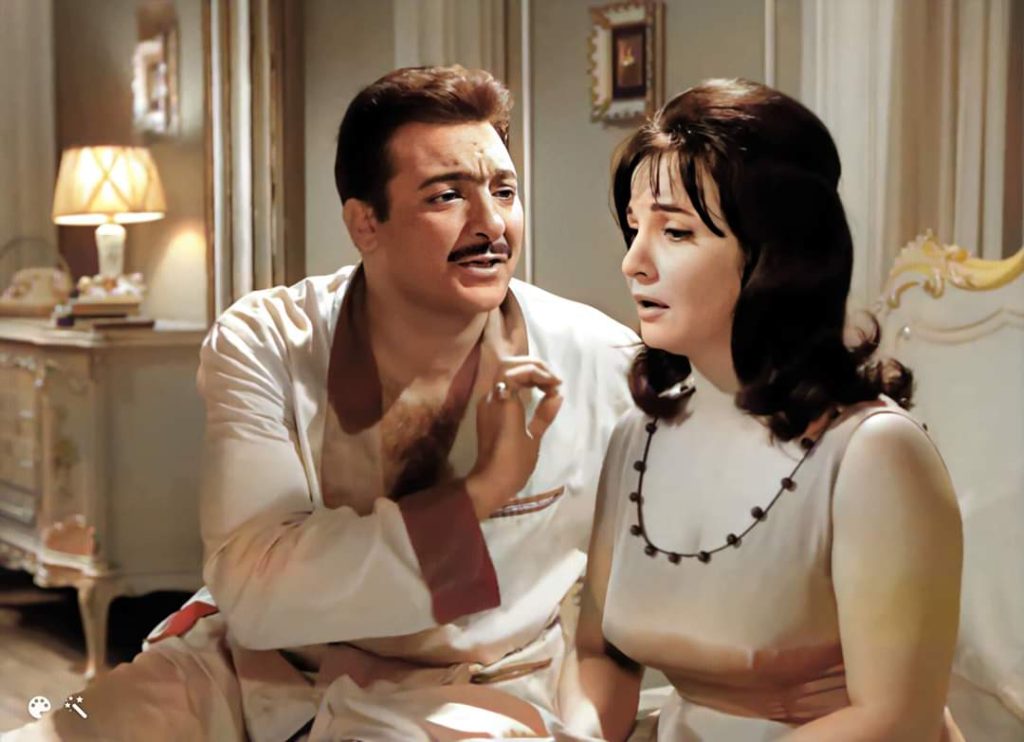
Whether it was romance, social drama, or crime thrillers, Abaza moved unchained between them—transcending his aristocratic background to connect with audiences from all walks of life. His footsteps still echo through Egyptian film history, his works remain timeless, and his on-screen presence is yet to be rivaled.
His Most Iconic Films
Today, we revisit some of his most iconic works that helped define a generation and cemented his status as a screen legend.
1) Fi Baytena Ragul (1961)
Directed by Henry Barakat
2) Saghira Ala El-Hob (1966)
Directed by Niazi Mostafa
3) Al Zoga 13 (1962)
Directed by Fatin Abdel-Wahab
4) Ghoroob Wa Shurooq (1970)
Directed by Kamal El Sheikh
5) El Ragol El Thani (1959)
Directed by Ezz Eldin Zulficar
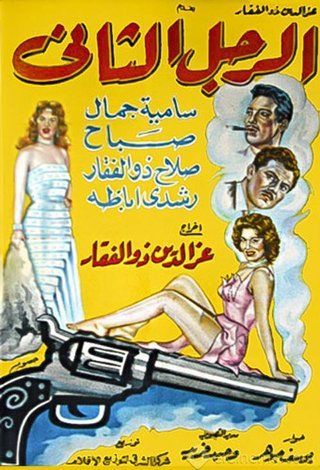
6) Orid Hallan (1975)
Directed by Said Marzouk
7) Arous Al-Nile (1963)
Directed by Fatin Abdel-Wahab
Rushdy Abaza’s legacy is one marked by turmoil, clashes, challenges, fame, glory, and unrest. He became an icon who, in many ways, resembles us—imperfect, yet perfect in his own essence. He was an extraordinary actor indeed.
WE ALSO SAID: Don’t Miss…Remembering Samir Ghanem: A Legacy of Laughter and Iconic Roles


